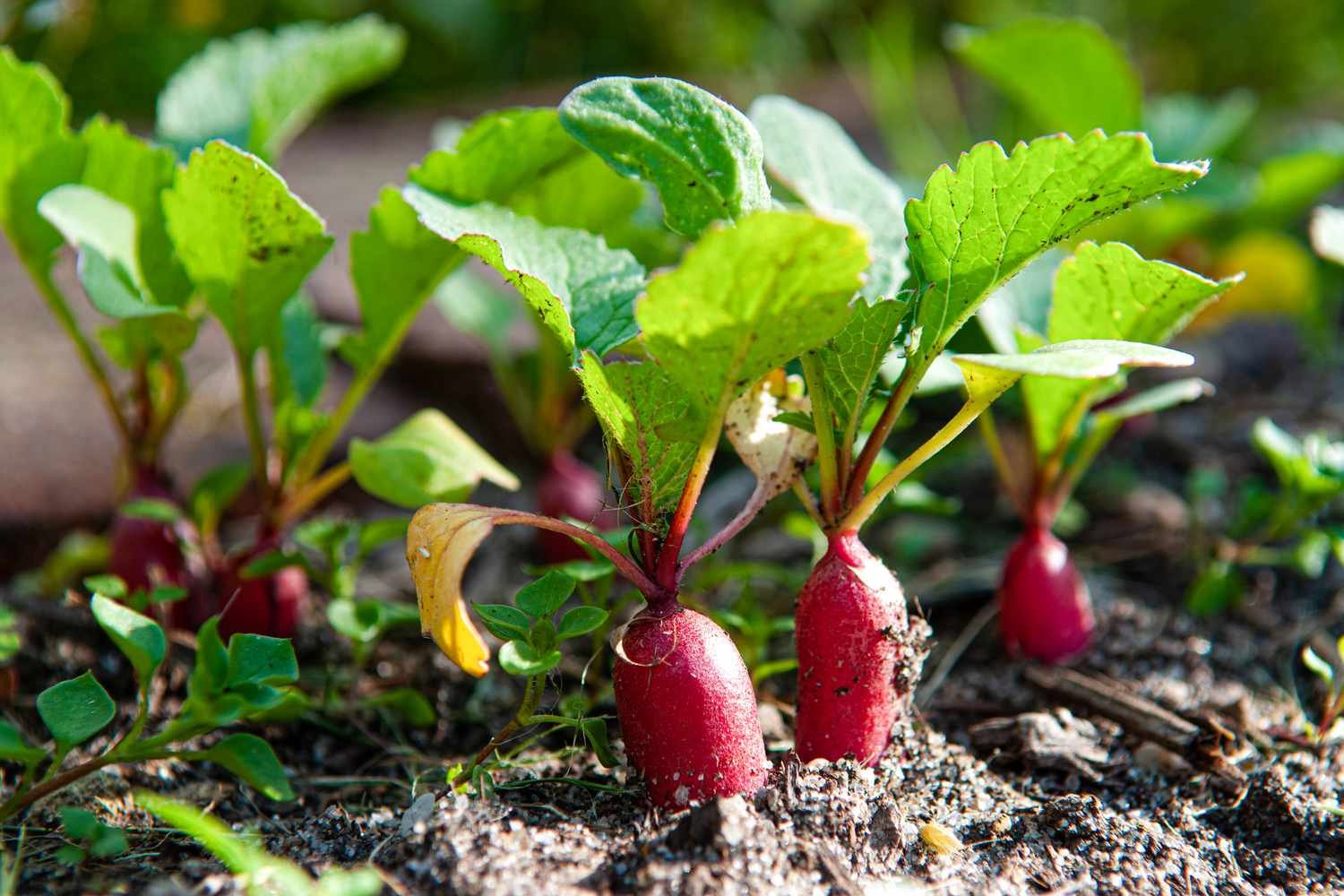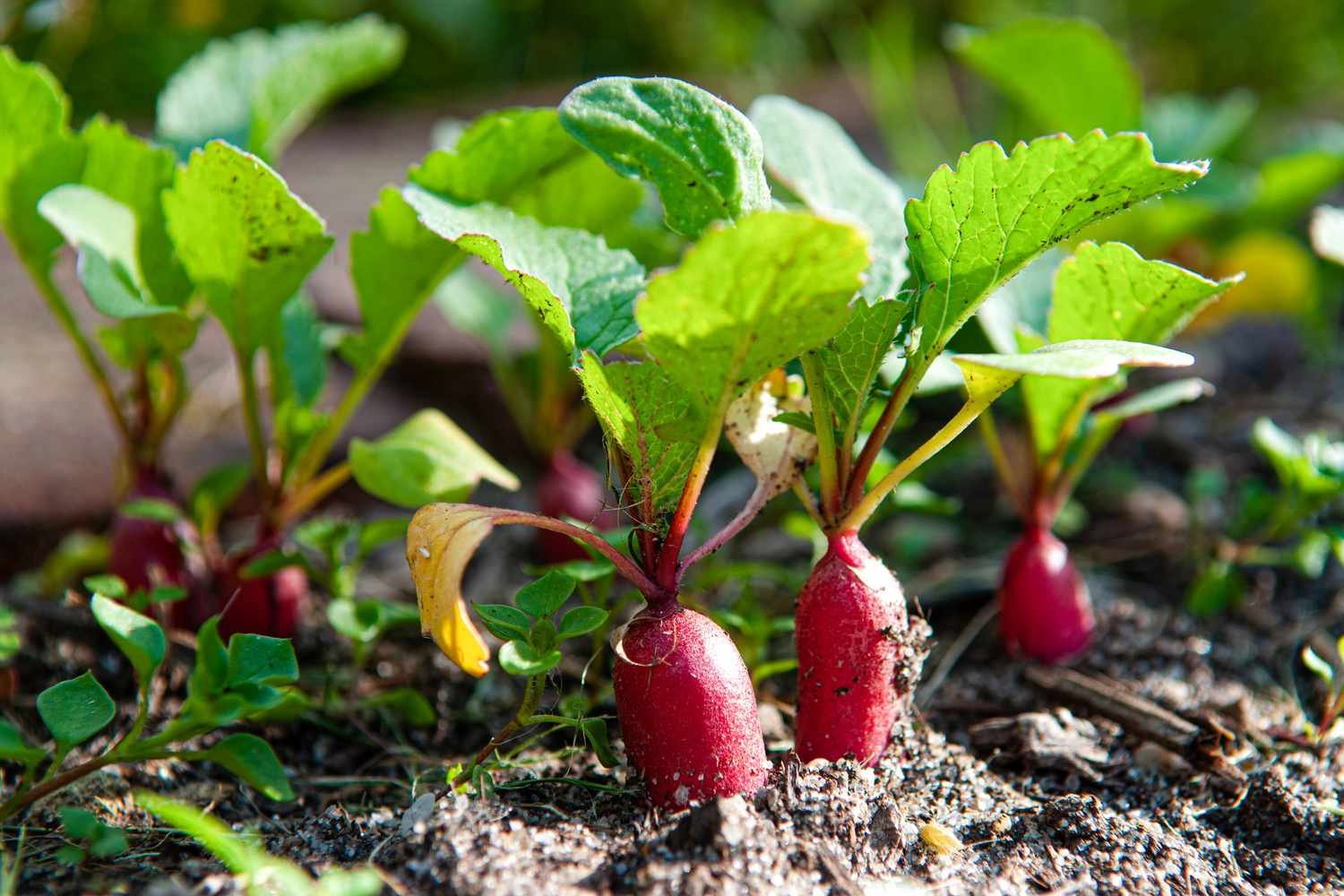Organic mulches are a valuable tool in gardening that offer numerous benefits for plant health and soil quality. Whether you’re growing vegetables, flowers, or trees, using organic mulches can significantly improve your garden’s productivity and sustainability. Here’s a detailed exploration of the benefits of organic mulches and why they are essential for maintaining healthy plants in your garden.

Moisture Retention
One of the primary benefits of organic mulches is their ability to retain moisture in the soil. Mulch acts as a barrier that reduces evaporation, helping to keep the soil consistently moist. This is especially beneficial during hot weather or in dry climates where plants may otherwise struggle to maintain adequate hydration. By conserving water, organic mulches ensure that plants have access to the moisture they need for optimal growth and development.
Weed Suppression
Organic mulches help suppress weed growth by blocking sunlight and preventing weed seeds from germinating. This reduces the need for manual weeding or the use of herbicides, promoting a healthier garden ecosystem. By keeping weeds at bay, organic mulches also minimize competition for water, nutrients, and space, allowing your plants to thrive without interference from invasive species.
Temperature Regulation
Organic mulches provide insulation for the soil, helping to moderate temperature fluctuations throughout the year. In hot weather, mulch keeps the soil cool, which is beneficial for plant roots sensitive to heat stress. During colder months, mulch acts as a buffer against freezing temperatures, protecting roots from frost damage. This stable soil temperature promotes healthier root growth and overall plant vigor.
Soil Enrichment
As organic mulches break down over time, they contribute organic matter to the soil. This organic matter decomposes gradually, releasing nutrients such as nitrogen, phosphorus, and potassium that are essential for plant growth. Organic mulches improve soil structure, increase microbial activity, and enhance nutrient availability, creating a fertile environment that supports robust plant growth and resilience to stress.
Erosion Control
Organic mulches help prevent soil erosion by reducing the impact of rain and wind on exposed soil surfaces. By forming a protective layer over the soil, mulch stabilizes soil particles and prevents them from being washed away. This is particularly beneficial on slopes or in areas prone to erosion, where maintaining soil integrity is critical for plant health and ecosystem stability.
Disease Prevention
Certain organic mulches, such as pine bark and straw, possess natural properties that can help suppress soil-borne diseases. These mulches create a barrier that inhibits the spread of pathogens and reduces the likelihood of plant infections. By maintaining a clean and healthy growing environment, organic mulches contribute to disease prevention and promote stronger, more resilient plants.
Conclusion
Incorporating organic mulches into your gardening practices offers numerous benefits that support plant health, soil quality, and overall garden sustainability. From retaining moisture and suppressing weeds to regulating soil temperature, enriching the soil with nutrients, controlling erosion, and preventing diseases, organic mulches play a crucial role in creating a favorable environment for plants to thrive. Embrace organic gardening techniques by using mulches derived from natural materials such as compost, straw, leaves, or wood chips. By doing so, you can enhance the productivity and resilience of your garden while minimizing the need for synthetic fertilizers and pesticides. Start mulching today and enjoy the long-term rewards of a healthy and vibrant garden ecosystem. Happy gardening!











